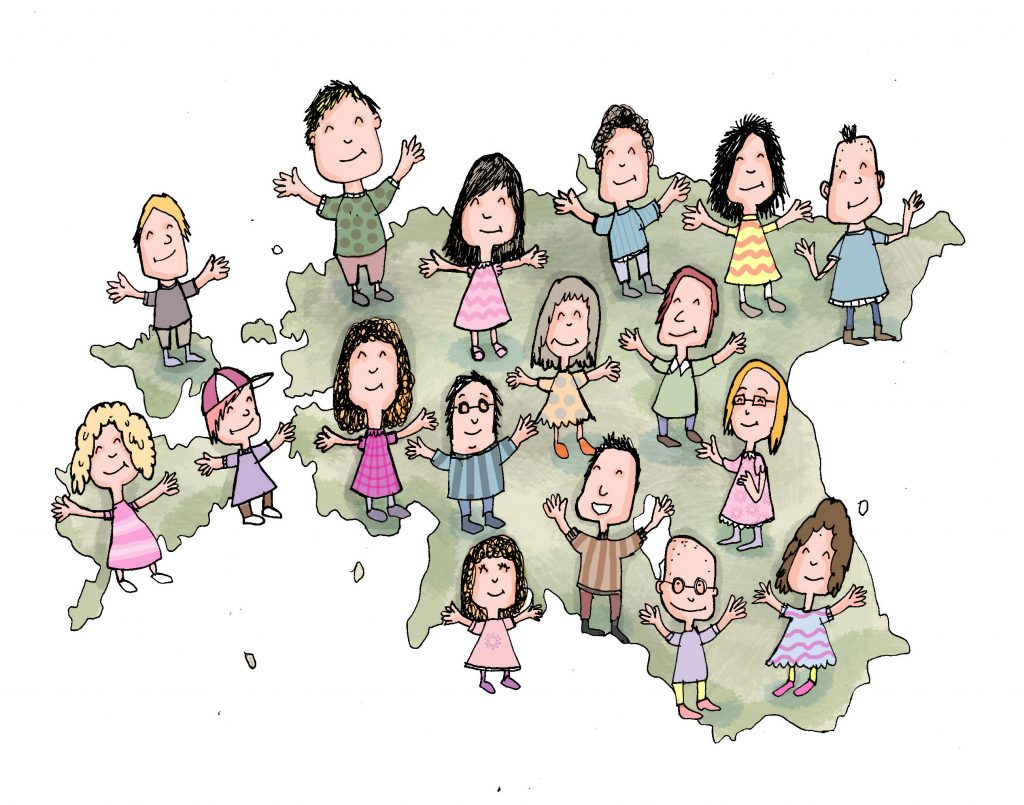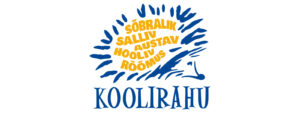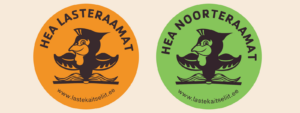The annual conference of the Estonian Union for Child Welfare ‘How Are You, Estonian Child? In Cooperation for the Child
13. november 2017 The annual conference of the Estonian Union for Child Welfare, entitled ‘How Are You, Estonian Child? In Cooperation for the Child’, will be held on 24 November in Mektory Business and Innovation Centre (located at Raja 15, Tallinn).
The annual conference of the Estonian Union for Child Welfare, entitled ‘How Are You, Estonian Child? In Cooperation for the Child’, will be held on 24 November in Mektory Business and Innovation Centre (located at Raja 15, Tallinn).
Estonia is undergoing changes in activities concerning child offenders (abolition of juvenile committees, implementation of restorative justice in activities concerning child offenders), aimed at gradually replacing the punishment-based approach in dealing with child offenders with methods that support the child and the family. It is important to notice children with behavioural problems in good time and to ensure good cooperation between specialists in helping those children. Even more important and, at the same time, more complicated than cooperation between the specialists is positive cooperation with the children themselves and their families. The challenge consists of establishing a close and trusting contact with the child and finding the information that is needed to gain a full picture of the situation and implement changes.
The paradigm change presently underway is a challenge for many specialists who work with children; there is lack of information in the air and a number of questions need to be explained more thoroughly. What is restorative justice? Are specialists ready for this change? How to cope in this situation? What do we have already? What practices actually work? What can we learn from others? How to find the best solutions for the child in multi-disciplinary cooperation?
The conference ‘How Are You, Estonian Child? In Cooperation for the Child’ will attempt to find answers to those questions through presentations and workshops. Experts from the United Kingdom and Finland will share international experience and present the principles of multi-disciplinary cooperation and good practices in treating child offenders. The UK and Finland have stood out as countries successfully implementing restorative justice in activities concerning juvenile offenders.
The practical workshops will discuss trends of development and bottlenecks in restorative justice, models of cooperation between specialists and inclusion of children and families. They will also include presentation of functional practices and a joint discussion of what we should do to make the developments in Estonia as efficient as possible. Participants will have the opportunity to take an active part in the workshop of a forum theatre.
Inclusion of children and youth has always been important for the Union of Child Welfare, and the youth will also have a say at the conference in various ways.
The conference will be held in cooperation with the Ministry of Justice, Ministry of Social Affairs, Ministry of the Interior and Estonian National Social Insurance Board in the framework of the MAPChiPP project.
Children’s Rights Month – annual tradition of the Union for Child Welfare
On 20 November, Universal Children’s Day is celebrated throughout the world. The Estonian Union for Child Welfare has declared November as Children’s Rights Month, during which principles enshrined in the United Nations Convention on the Rights of the Child will be highlighted traditionally through different activities.
The governments of the States Parties to the UN Convention on the Rights of the Child are required to inform the population about the provisions of the Convention. The States must actively take measures to reach all age groups, including children and adults, and various communities in the country. Over the years, the Estonian Union for Child Welfare has consistently and systematically provided information about the Convention and its principles to the society (including training for specialists). This November, the Union for Child Welfare will be celebrating Children’s Rights Month for the sixth time in cooperation with different partners. In 2017, the Union will concentrate, besides the topics of participation and inclusion of children, on the subjects of restorative justice and multi-disciplinary cooperation, also presenting results of the MAPChiPP project. A focus will be on the national reform of activities concerning child offenders (abolition of juvenile committees, implementation of restorative justice in activities concerning child offenders), aimed at gradually replacing the punishment-based approach in dealing with child offenders with methods that support the child and the family.
In November, the following Children’s Rights Month events will be taking place on the initiative of the Estonian Union for Child Welfare:
– A wider information campaign that will include the creation of a topical page at our website www.lastekaitseliit.ee and a special edition of the digital web magazine Märka Last, dedicated to Children’s Rights Month.
– Traditional participation in the Tallinn Black Nights Film Festival (PÖFF) by preparing a children’s rights programme in the framework of Justfilm in cooperation with the Ministry of Justice, Children’s Ombudsman, Tallinn Black Nights Film Festival and Ministry of Social Affairs. The films included in the programme will focus on the rights of the child from different aspects.
– A competition for children, entitled ‘In Cooperation for the Child’.
– Another seminar in the series ‘On the Same Side – On the Child’s Side’ will be held on 23 November, aimed at the assessment of children’s well-being (with Carla Thomas from the UK as the keynote speaker) and presentation of results of the MAPChiPP project.
– The annual conference of the Union for Child Welfare, entitled ‘How Are You, Estonian Child? In Cooperation for the Child’, will be held on 24 November to discuss the trends of development in restorative justice, models of cooperation between specialists and inclusion of children and families and to present functional practices and results of the MAPChiPP project. Experts from the UK and Finland will present the principles of multi-disciplinary cooperation and share good practices on treating child offenders. Written surveys will be conducted at Viru prison and special schools; the Union’s Youth Assembly will carry out a street poll and prepare a topical video summary.
The life, development and well-being of children cannot be ensured only by providing for the rights of the child in the legislation. We can all help to guarantee the rights recognised in the Convention to every child in their daily life. Awareness of and respect for the rights of the child both among the adults and the children is the first point of importance.








